Baltic Operations 22
BALTOPS, the largest multinational naval exercise in the Baltic Sea, took place for the 51st time from 5 to 17 June 2022. Around 7,000 soldiers from 16 nations, including Sweden and Finland, took part this time. They were spread across 47 ships and boats, 89 aircraft, as well as various offices and troop units on land. BALTOPS stands for "Baltic Operations" and is a long-term exercise series that was launched by the US Naval Forces Europe in 1972. The purpose has not changed since then: The aim is to train various types of naval warfare with allies, for example hunting submarines,...
Weiterlesen

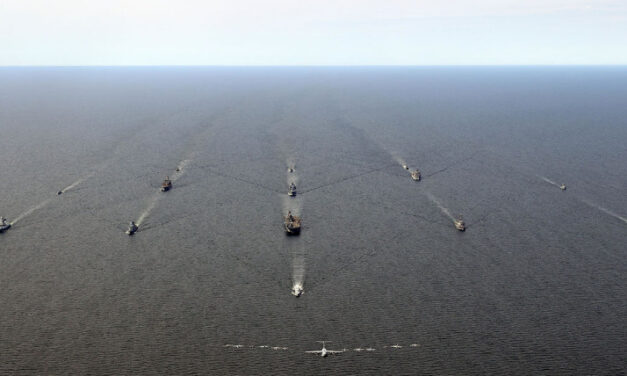
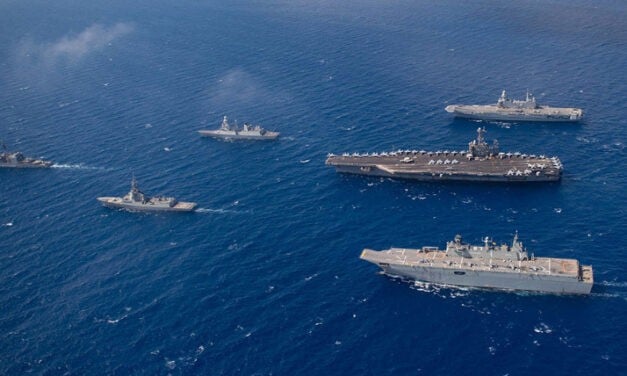
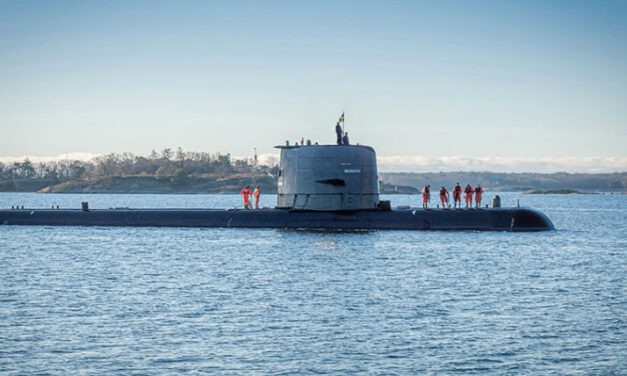
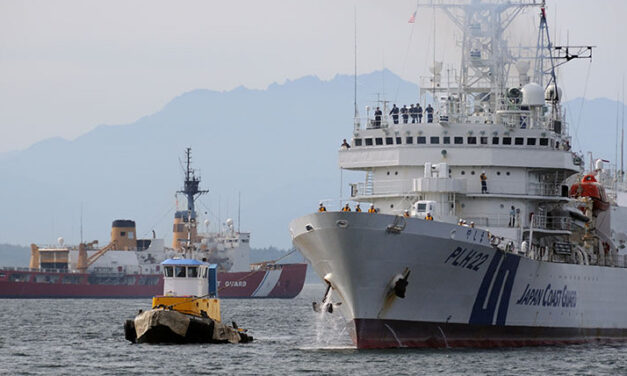
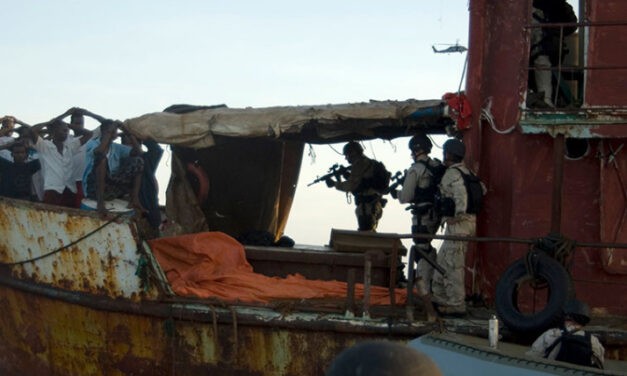
Latest comments